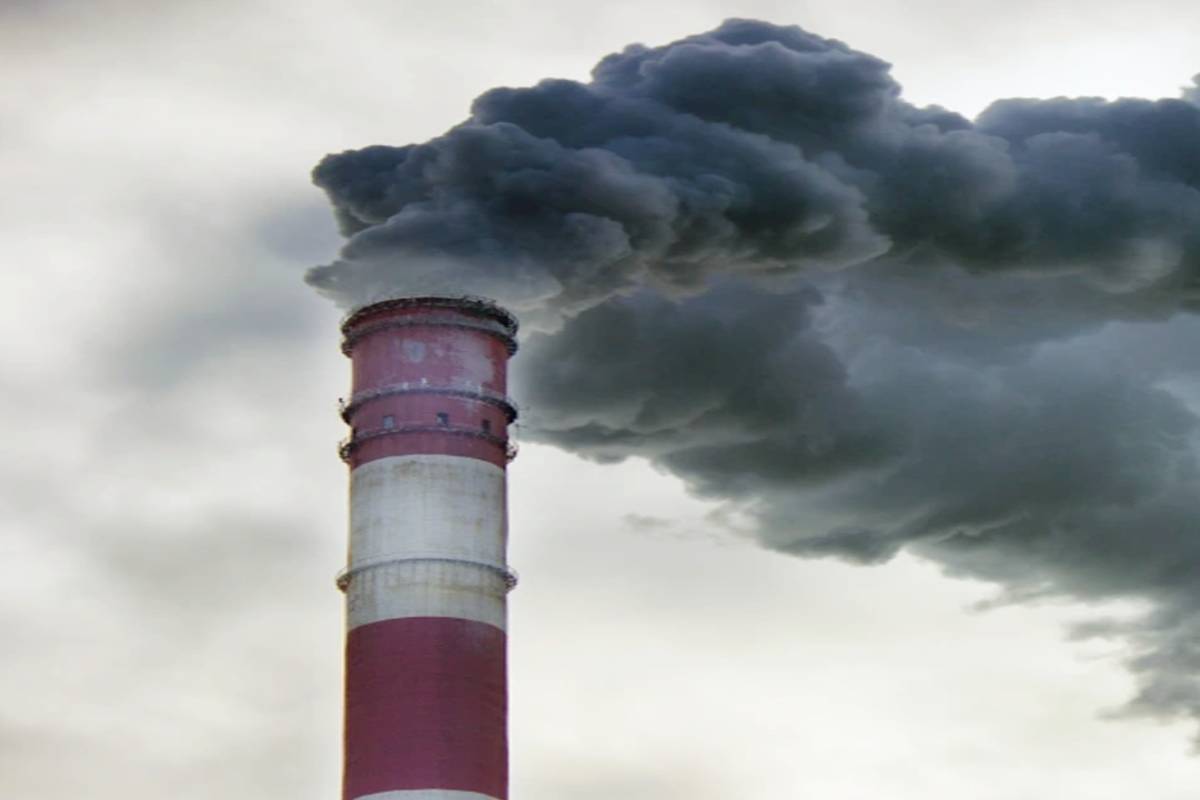The Air quality rate of every country is growing very fast. We need oxygen to breathe; without oxygen, we cannot exist anymore.
The WHO, the World Health Organization, is also conscious of this matter and takes the same meaningful action to tackle this impurity.
Reasons Why It's Growing Fast
1. Industrial Emissions
Industries play an important role in air pollution. Factories, power plants, and refineries release many harmful substances into the atmosphere, including sulfur dioxide, nitrogen oxide, and particulate matter. These emissions are by-products of manufacturing processes, fossil fuel burning, and chemical production. The concentration of pollutants around industrial areas can be extremely high, making them major contributors to poor air quality, especially in urban areas.
2. Increase in Vehicle Usage
The global rise in urbanization has led to an increase in the number of vehicles on the roads. Cars, trucks, and buses emit carbon monoxide (CO), nitrogen oxides (NOₓ), and volatile organic compounds (VOCs), all of which contribute to smog formation and poor air quality. In many cities, traffic further exacerbates pollution levels.
3. Deforestation and Loss of Green Cover
Forests play a crucial role in purifying the air by absorbing carbon dioxide and releasing oxygen. However, large-scale deforestation for agriculture, urban expansion, and logging reduces the planet’s ability to naturally filter pollutants. The loss of trees exacerbates air pollution and contributes to climate change.
4. Wildfires and Climate Change
Rising temperatures have led to an increase in the frequency and intensity of wildfires. These fires release enormous amounts of carbon dioxide, particulate matter, and other toxic gases into the atmosphere. Climate change also creates conditions that trap pollutants in the air, increasing air pollution levels.
5. Weak Regulations and Enforcement
Many developing countries have stringent air quality regulations. Even in regions where environmental laws exist, enforcement is often weak. Industries and vehicle manufacturers may bypass regulations, leading to unchecked emissions and worsening air quality.
The Consequences of Growing Air Pollution
The fast rise in air pollution has severe effects on human health, ecosystems, and the global climate. Long-term exposure to polluted air can lead to respiratory diseases, heart problems, and even premature death. Additionally, air pollution contributes to climate change by increasing greenhouse gas levels, which in turn lead to extreme weather conditions and disasters.
Conclusion
If air pollution continues to grow at its current rate, the consequences will be dire for future generations. Governments, industries, and individuals must take urgent action by implementing cleaner technologies, enforcing stricter environmental policies, and promoting sustainable practices. Only combining effort can slow down the alarming rise of air pollution and safeguard our planet’s future.

Comments
Post a Comment